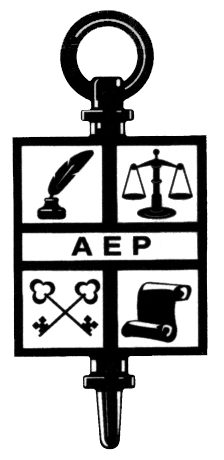How do I make sure the right people are making decisions for me if I become incapacitated?
It’s one thing to plan for your passing; it is in everyone’s future. It’s another thing to think about the possibility of serious injury or incapacity. However, as uncomfortable as that topic is, it is very important that you legally document who you want making decisions for you if you can’t make decisions for yourself. If you don’t, then a court will decide who will make decisions for you (and it may not be the person you want). Some of these legal documents must be notarized and/or witnessed by another person so it is important to get legal guidance to make sure they are done correctly.
Once you become incapacitated, you can no longer designate who will make decisions for you. It is too late. Your loved ones may be forced to ask a court to make that designation. This court process can be costly and time-consuming for your loved ones so it is important that you legally formalize your decisions while you are able to.
An attorney who specialized in estate planning will be able to assess which legal documents you need (such as a Durable Power of Attorney, Medical Directive, HIPAA Authorization) and guide you through the process of not only selecting a decision maker but also deciding which powers they should hold.







